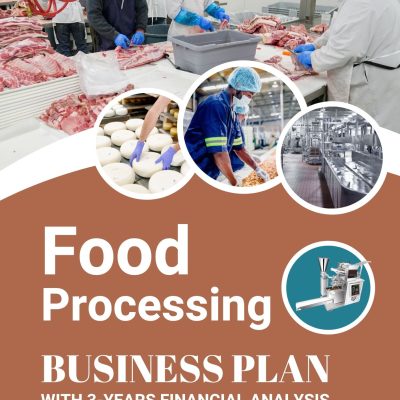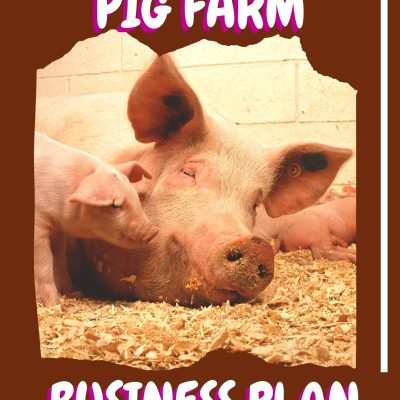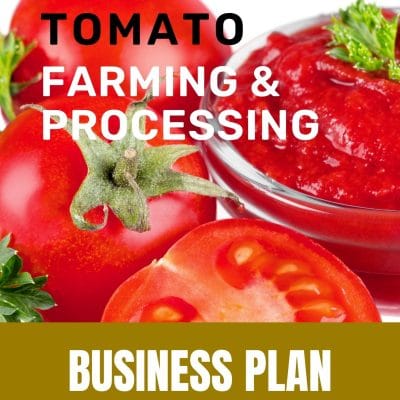Dried fruits have always held a special status in every household irrespective of the seasons or occasions. In earlier times, they were brought in or rather gifted only during certain celebrations.
However, today, dried fruits have become a staple in every home. With the rising awareness of the health benefits of dried fruits, every household now stocks dry fruits regularly, especially for children.
So, how to start a dried fruit business? Read on.
Until recently, dried fruits were just sold seasonally in special shops from select wholesalers and retailers. With the growing health awareness and its usage in baking, confectionery, and dairy products, dried fruits have become a staple food item in every household. With the internet and its widespread use, it has now become a practical business proposition.
Dried fruits are created with extreme drying methods to reduce the water content in fruits. Mango, pineapple, banana, walnuts, and almonds are some of the most popular dried fruits that can be stored without refrigeration.
They can be included in a variety of dishes and are recommended in daily diets.
Dried fruit snacks are produced by dehydrating the water content in the fresh fruit in such a manner that the natural color, taste & health properties of the fruit shall be retained, and the post-harvest life of the fruits shall be lengthened.
The product can be exported outside the country to generate forex.
The Business plan
This comprehensive business plan is for the establishment of a profitable plant for the production of dried fruits (mango, pineapple, and banana).
It showcases capital and production costs in order to confirm the profitability of the investment as well as other economic indicators. It includes sections like management requirements in the project in order to ensure sustainable and profitable commercial operations.
The business plan is for the establishment of a processing plant for the production of dried mango, pineapple, and banana snacks, aside from the profitability of the project, the products of the project are associated with health benefits, as well as joining the government’s efforts at addressing issues of post-harvest losses normally encountered by this sub-sector of the economy.
ORDER FOR A COPY NOW
96-page | PDF
TABLE OF CONTENT
EXECUTIVE SUMMARY
INTRODUCTION/BACKGROUND
PROPOSED PRODUCTS & CAPACITIES
LOCATION OF THE PROJECT
CHAPTER TWO: MACRO-ECONOMIC CONSIDERATIONS
ECONOMIC REVIEW
THE AGRICULTURAL SECTOR
THE AGRO-ALLIED INDUSTRY
FRUIT & VEGETABLE CROP PRODUCTIONNIGERIA
PROJECT CONTRIBUTION TO NATIONAL
ECONOMIC DEVELOPMENT
CHAPTER THREE: MARKET ANALYSIS
PRODUCT IDENTIFICATION
DEMAND FOR DRIED FRUITS SUPPLY OF DRIED FRUITS DEMAND-SUPPLY GAP ANALYSIS
EXPORT MARKET FOR DRIED FRUITS
MARKETING STRATEGIES
CHAPTER FOUR: THE COMPANY & MANAGEMENT
INTRODUCTION
PROJECT MANAGEMENT ORGANIZATIONAL STANDARD MANPOWER REQUIREMENT ORGANIZATIONAL STRUCTURE
CHAPTER FIVE: TECHNICAL CONSIDERATIONS
INTRODUCTION
LOCATION OF THE PROJECT INSTALLED PLANT CAPACITY MODERN FOOD DRYING technology production process
PROCESS FLOW CHART
raw materials/PACKAGING MATERIALS infrastructure & transportation environmental matters
NAFDAC’s certificate of products
implementation schedule keys to success factors
CHAPTER SIX: PROJECT COST & FINANCING PLAN
PROJECT COST
CHAPTER SEVEN :
FINANCING PLAN
FINANCIAL PROJECTIONS/ANALYSIS OF UNDERLYING ASSUMPTIONS
PROJECT VIABILITY ANALYSIS
CASH FLOW ANALYSIS
BALANCE SHEET
BREAK-EVEN POINT ANALYSIS SWITCHING VALUE ANALYSIS BUSINESS RISK FACTORS
CHAPTER eight: SWOT ANALYSIS OF THE PROJECT
STRENGTH
WEAKNESS OPPORTUNITIES THREATS
CHAPTER nine: ECONOMIC JUSTIFICATION
ECONOMIC RATE OF RETURN
VALUE-ADDED
FOREIGN EXCHANGE EFFECTS
EMPLOYMENT
CHAPTER ten: CONCLUSION AND RECOMMENDATION
CONCLUSION
RECOMMENDATIONS ANNEXES TO THE MAIN REPORT




Reviews
There are no reviews yet.